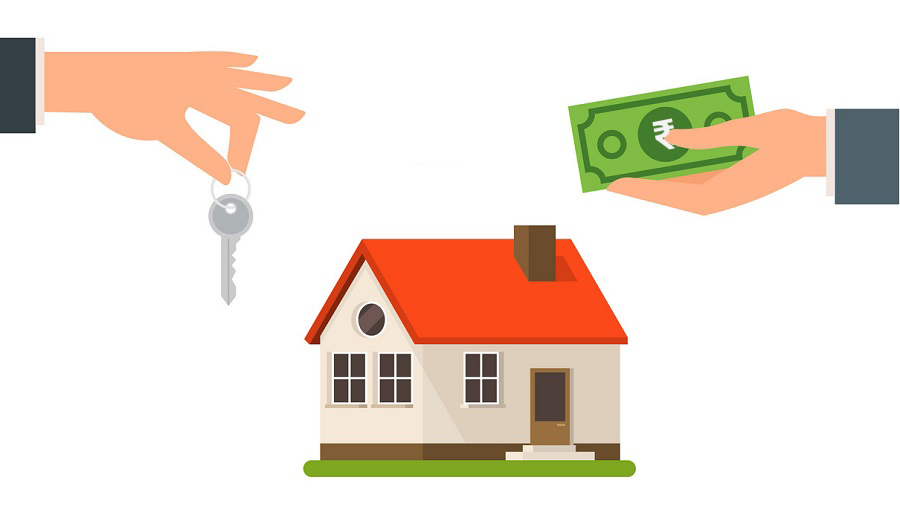In the unique landscape of financial planning, people frequently end up needing significant funds for different reasons like business expansion, education, or medical crises. In such situations, one road that stands out is a Loan against property (LAP). This financial instrument permits people to leverage the value of their property to get a loan. In this blog, we will explore the subtleties of Loan against property and dig into the fundamental part of “LOAN AGAINST PROPERTY ELIGIBILITY CRITERIA“.
Understanding Loan against property
A Loan against property, usually known as LAP, is a secured loan that empowers borrowers to involve their possessed property as collateral to get funds. The property could be residential or commercial, giving a versatile supporting arrangement. The borrower holds ownership of the property yet promises it as security, diminishing the gamble for the lender and frequently bringing about favorable interest rates contrasted with unsecured loans.
Key Highlights of Loan against property
1. Secured Nature: LAP is a secured loan, and that implies the lender has a substantial asset (property) as collateral, decreasing the gamble of default.
2. Versatile Usage: Funds gained through LAP can be utilized for different purposes, including business expansion, education, medical expenses, or even debt solidification.
3. Longer Tenure: LAP normally offers longer repayment tenures, permitting borrowers to manage their finances more comfortably.
4. Competitive Interest Rates: Because of the secured nature of LAP, interest rates are, for the most part, lower contrasted with unsecured loans, making it an alluring choice for those looking for affordable funding.
Loan against property eligibility criteria
While LAP presents a feasible funding choice, it’s critical to understand the eligibility criteria to get the endorsement. Lenders assess a few factors to decide a borrower’s Loan against property eligibility –
1. Property Ownership and Type: The essential eligibility model is property ownership. The borrower should be the legal proprietor of the property and, contingent upon the lender, it very well may be either residential or commercial.
2. Age Criteria: Lenders ordinarily set a base and greatest age limit for loan applicants. The age criteria might fluctuate. However, it typically ranges from 18 to 65 years.
3. Income Stability: Lenders evaluate the borrower’s income stability and repayment limit. A consistent income stream is essential to guarantee convenient repayments.
4. Credit History: A decent credit score upgrades the possibilities of loan endorsement. Lenders survey the borrower’s credit history to measure their creditworthiness.
5. Loan-to-Value Ratio (LTV): LTV is the ratio of the loan added up to the property’s value. Lenders normally offer loans up to a specific percentage of the property’s value, and a higher LTV might influence eligibility.
6. Employment and Business Stability: For salaried people, employment stability is significant, while independently employed people need to demonstrate business stability. This grants the borrower’s capacity to meet repayment commitments.
Loan against property Application Process
Whenever you’ve looked into the idea of a “LOAN AGAINST PROPERTY“ and affirmed your eligibility, the following stage is exploring the application process. The method, as a rule, includes submitting significant documents, for example, property papers, income proof, identity proofs, and others. Numerous lenders work with an online application process, making it helpful for applicants to transfer important documents and track the situation with their application.
Document Checklist for Loan against property
To smooth out the application process, gathering a far-reaching set of documents is critical. Generally required documents incorporate property papers, income tax returns, salary slips, bank statements, and identity proofs. Guaranteeing all documents are all together improves the effectiveness of the endorsement process.
Loan against property Interest Rates
One key factor that essentially influences the expense of borrowing is the interest rate. The interest rates for loans against property can be either fixed or floating. While fixed rates provide stability, floating rates fluctuate with market conditions. Understanding the ramifications of each and picking a reasonable choice in light of your financial strategy is vital for long-haul financial planning.

